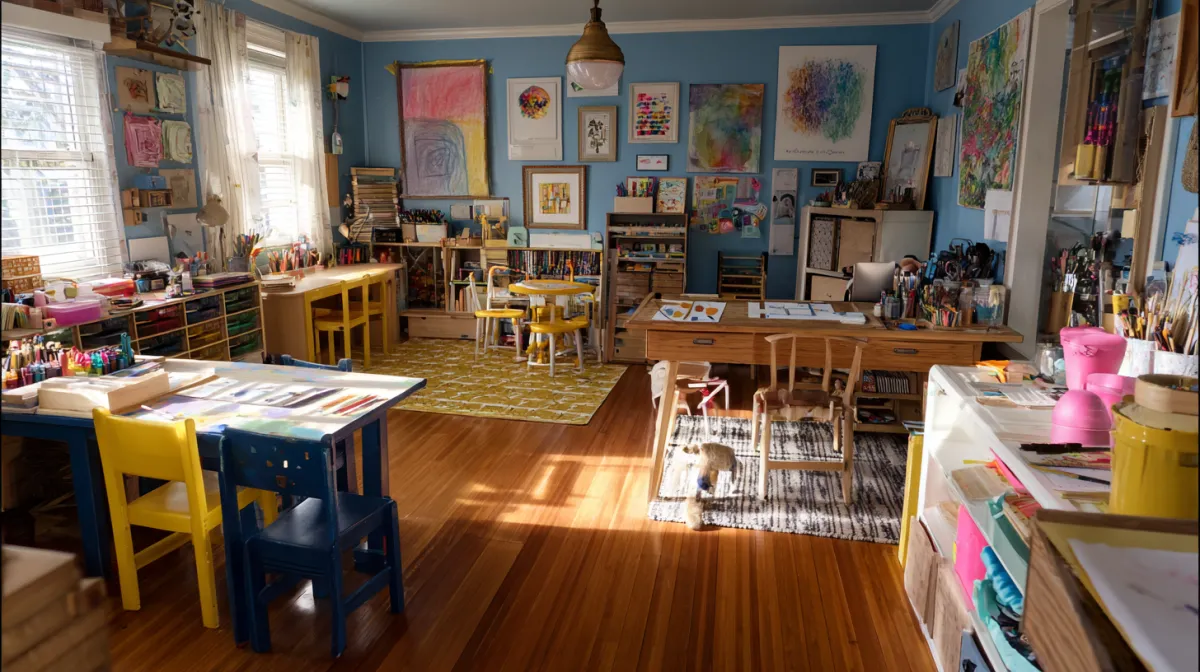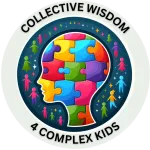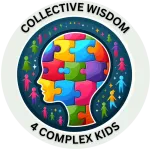
Uncommon Learning: Innovative Strategies for Neurodivergent Education at Home
Breaking the Mold in Home Education
Imagine a learning environment that doesn’t fit into a traditional classroom mold—a space where creativity flows as freely as ideas. For neurodivergent children, standard teaching methods often miss the mark, so why not create an atmosphere that celebrates the unconventional? In this journey, the focus shifts from rigid curricula to a dynamic, personalized learning adventure right at home. Here, every corner of your living room can transform into a discovery zone, inviting curiosity and encouraging unique learning styles.
Transforming Everyday Spaces into Learning Labs
Your home is more than just a place to live—it can become an inspiring laboratory for innovative education. Picture a corner dedicated to tactile exploration, where sensory bins, textured fabrics, and interactive puzzles open up new pathways to learning. With a bit of creativity, even a kitchen can serve as a mini-science lab or a geography lesson, using ingredients and recipes as tools for discovery. The key is to let the environment evolve organically around your child’s interests, turning everyday moments into memorable educational experiences.

Embracing Technology and Hands-On Exploration
Innovative strategies blend technology with hands-on exploration to create a balanced, immersive learning experience. Consider incorporating tablets or interactive apps that adapt to your child’s pace, alongside real-world experiments that bring abstract concepts to life. When technology meets tactile learning, the result is a dynamic fusion where lessons are not just taught—they’re experienced. This balance not only keeps your child engaged but also nurtures critical thinking and problem-solving skills in a way that traditional schooling often overlooks.
Fostering a Culture of Curiosity and Self-Discovery
At the heart of innovative home education is a commitment to cultivating curiosity. Instead of forcing information into a pre-set framework, let your child lead the way. When they ask "why" or "how," dive into those questions together, exploring answers through art, nature, and even imaginative play. In this nurturing environment, learning becomes an adventure—a series of spontaneous discoveries that empower your child to think independently and creatively. The magic happens when education feels like play, and play feels like a gateway to understanding the world.

Building a Supportive Network for Unconventional Learning
While the home is the primary stage for this unique learning journey, remember that community plays an essential role too. Connecting with other parents who share innovative ideas can spark even more creativity. Online groups, local workshops, and virtual classes can provide fresh insights and encourage the exchange of successful strategies. These communities reinforce the idea that education is not a one-size-fits-all approach—it’s a vibrant tapestry woven from diverse experiences and imaginative ideas.
Conclusion: Celebrating the Journey of Uncommon Learning
Innovative education at home isn’t about rigid structures or following a script—it’s about embracing the unpredictable, nurturing creativity, and turning every day into an opportunity for discovery. By transforming your living space into a dynamic learning environment, blending technology with hands-on experiences, and fostering a culture of curiosity, you empower your neurodivergent child to learn in ways that truly resonate with them. So, break free from convention, celebrate every unique moment of growth, and watch as learning unfolds in the most unexpected and delightful ways.





